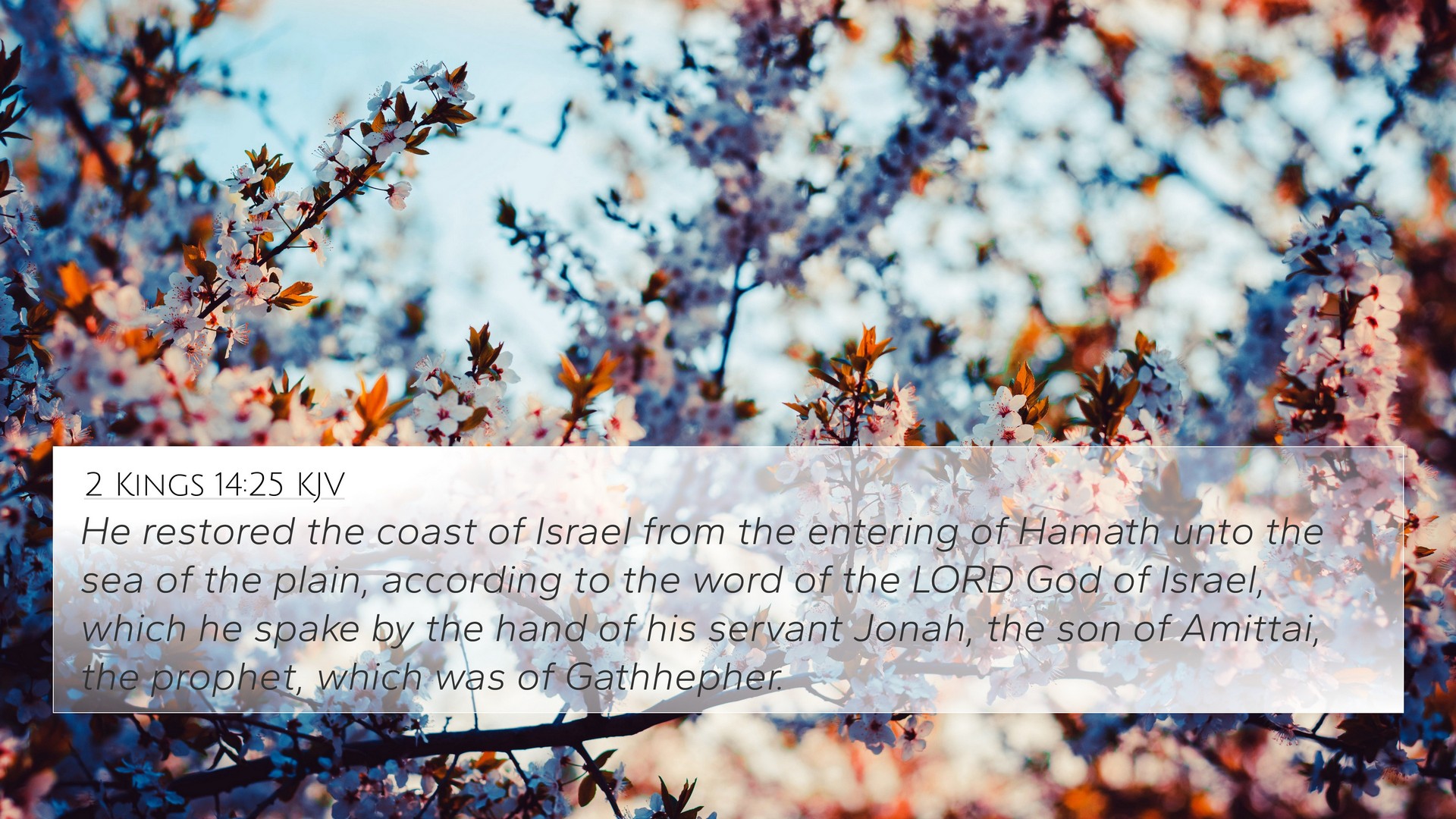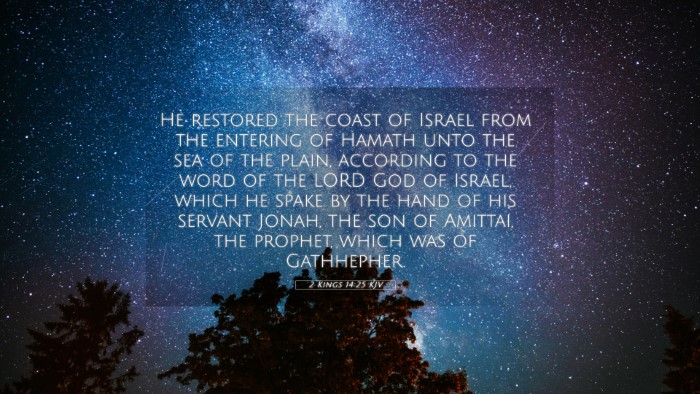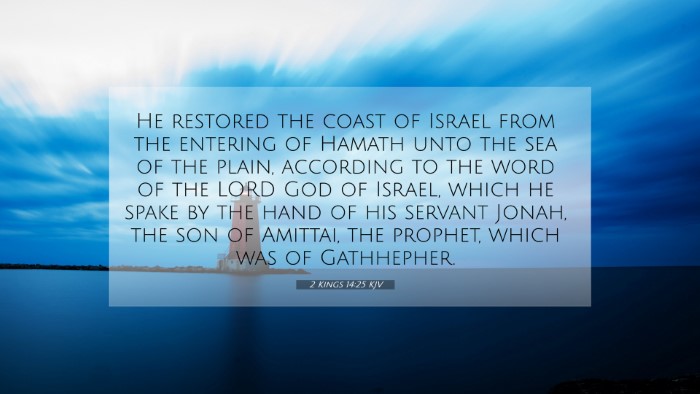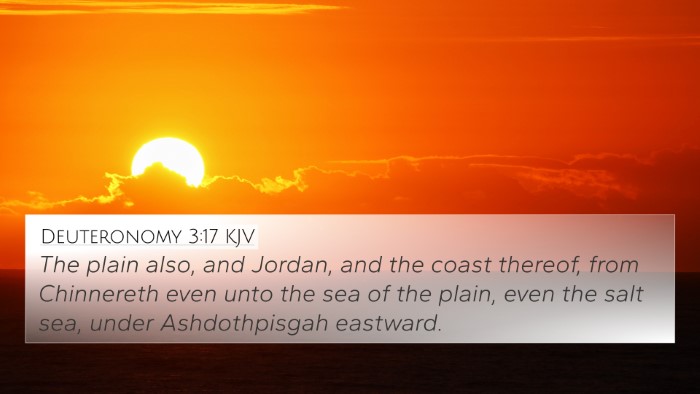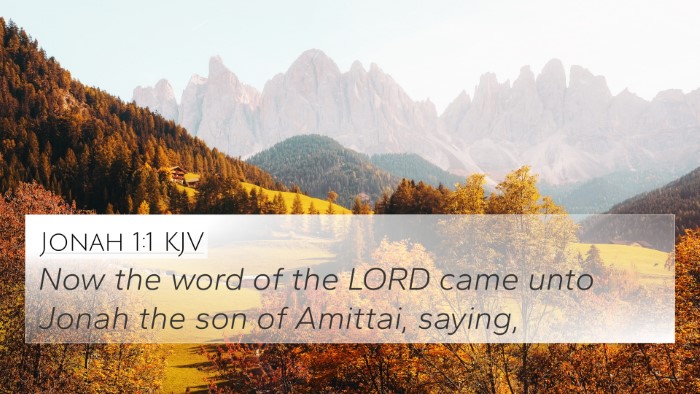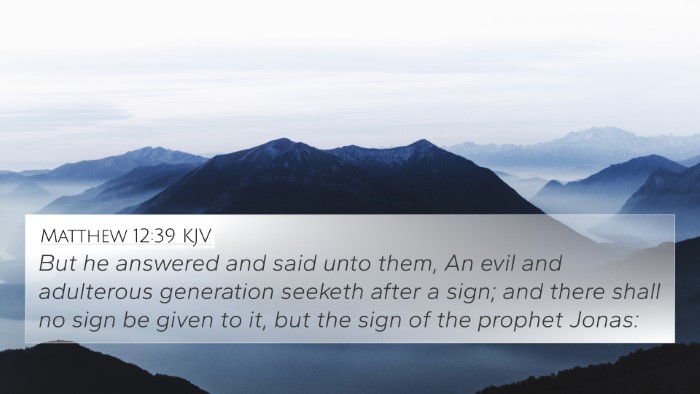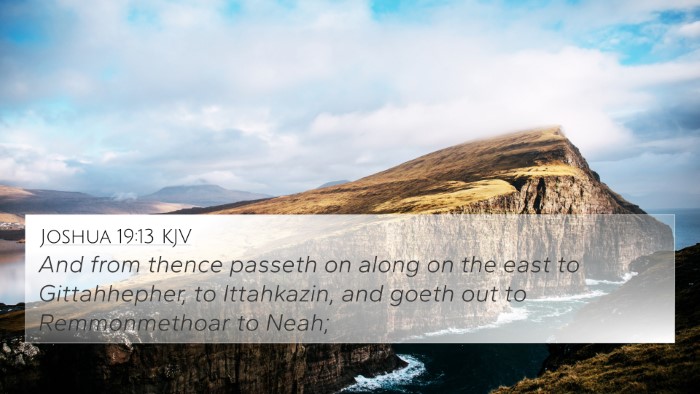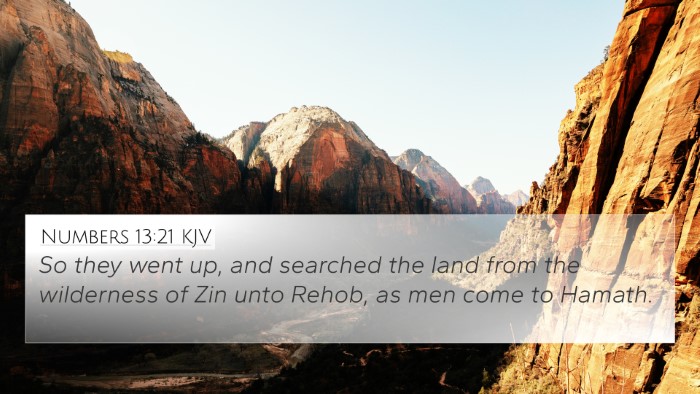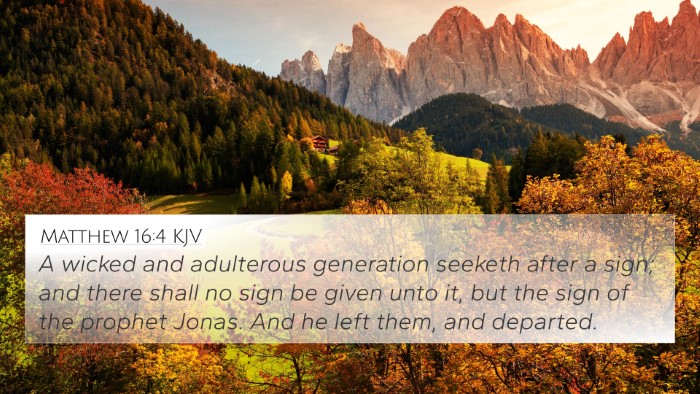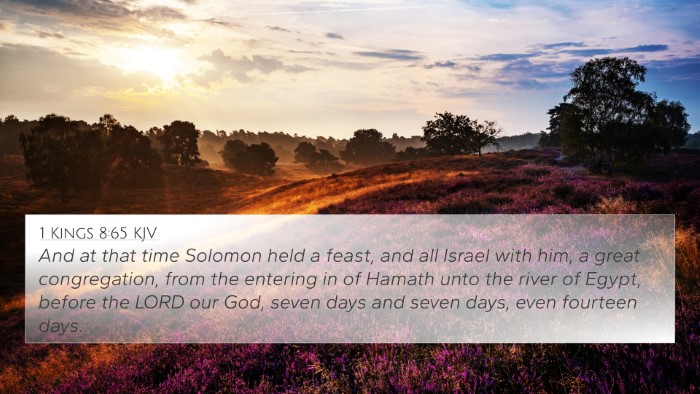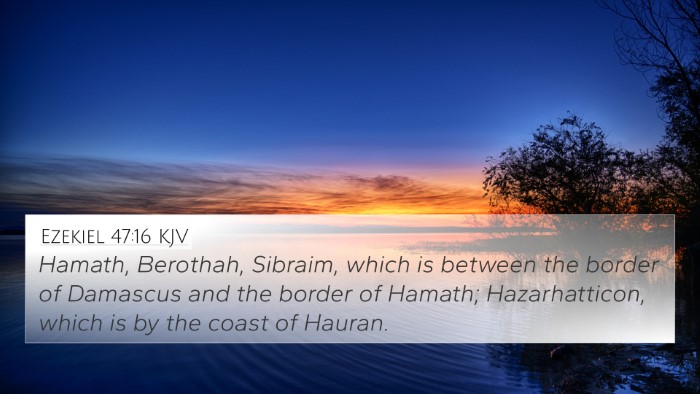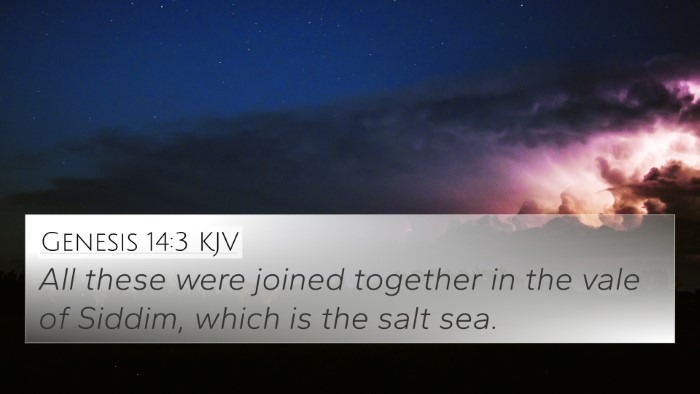Summary of 2 Kings 14:25
2 Kings 14:25 states: “He restored the coast of Israel from the entering of Hamath unto the sea of the plain, according to the word of the Lord God of Israel, which he spake by the hand of his servant Jonah, the son of Amittai, which was of Gath-hepher.” This verse reflects on the reign of Jeroboam II, who, according to biblical tradition, was known for restoring Israel's borders and achieving significant military victories. The reference to Jonah signifies God's providential role in the affairs of Israel, underlining a connection with the prophetic tradition.
Interpretation and Insights
- Divine Restoration: The restoration of the borders of Israel indicates God’s faithfulness in fulfilling His promises. As Albert Barnes points out, God had previously made covenants regarding the land and through Jeroboam II's reign, these were brought to fruition.
- Prophetic Confirmation: The mention of Jonah, a renowned prophet, validates Jeroboam's authority and actions. Matthew Henry emphasizes that the word of the Lord came through Jonah, which indicates that the successes of Jeroboam were part of God’s plan.
- Historical Context: Adam Clarke notes the geographical regions referenced in the verse, indicating the significance of the locations restored. This expands our understanding of the political landscape of the time.
- The Role of Prophecy: This verse demonstrates the importance of prophetic guidance in Israel’s history. The restoration noted was not merely a political maneuver but a fulfillment of divine prophecy.
- Theological Implications: The verse serves as a reminder of God's involvement in worldly affairs, establishing His power over nations and His commitment to His people, regardless of their circumstances.
- Historical Significance: According to various commentaries, this restoration was significant as it marked a pivotal moment in the history of Israel, showcasing God's providence during a chaotic political time.
Cross-References for 2 Kings 14:25
- Jonah 1:1-2: Discusses God’s command to Jonah regarding Nineveh, highlighting the prophetic context of the time.
- Amos 7:10-11: Shows the interplay between prophecy and political events during Jeroboam's reign.
- 2 Kings 10:32-33: Provides background on the political state of Israel before and after Jeroboam II.
- 2 Kings 13:23: Displays God's mercy towards Israel despite their transgressions, similar to His actions in Jeroboam II’s time.
- 1 Kings 14:15: Explains God’s judgment on Israel and the cyclical nature of their obedience and disobedience.
- Micah 5:2: Prophecy regarding Israel's future restoration, which can be seen as a larger narrative parallel.
- Zechariah 10:6: Promises restoration for the people, echoing themes from 2 Kings 14:25.
- Jeremiah 31:17: Reassures people about God’s plans for restoration after exile, similar to the sentiments in this passage.
- Deuteronomy 30:3-5: Addresses God's promise of restoration, paralleling God's action in Jeroboam's time.
- Isaiah 60:15-22: Speaks of a future glory and restoration for Israel, connecting the present historical account to future hope.
Thematic Bible Connections
This verse resonates with themes of divine intervention, the importance of prophetic ministry, and the consequences of national sin and repentance. Cross-referencing biblical texts enhances our understanding of God's sovereignty throughout history and exemplifies how themes develop and are reiterated throughout Scripture.
Tools and Resources for Further Study
- Consider using a Bible concordance for deeper exploration of the keywords within each cross-reference.
- Engage in Bible cross-reference techniques to draw parallels between similar themes across scripture.
- Utilize a cross-reference Bible guide to systematically explore these interconnections.
- Employ Bible chain references to trace thematic continuity.
- Explore comprehensive Bible cross-reference materials for an in-depth study.
User Intent: Finding Connections
If seeking to discover the relationships between this verse and others, one might ask, “What verses are related to 2 Kings 14:25?” Understanding the linkages between Old and New Testament verses can clarify theological themes, such as restoration and prophecy, that enhance the study of Scripture.
